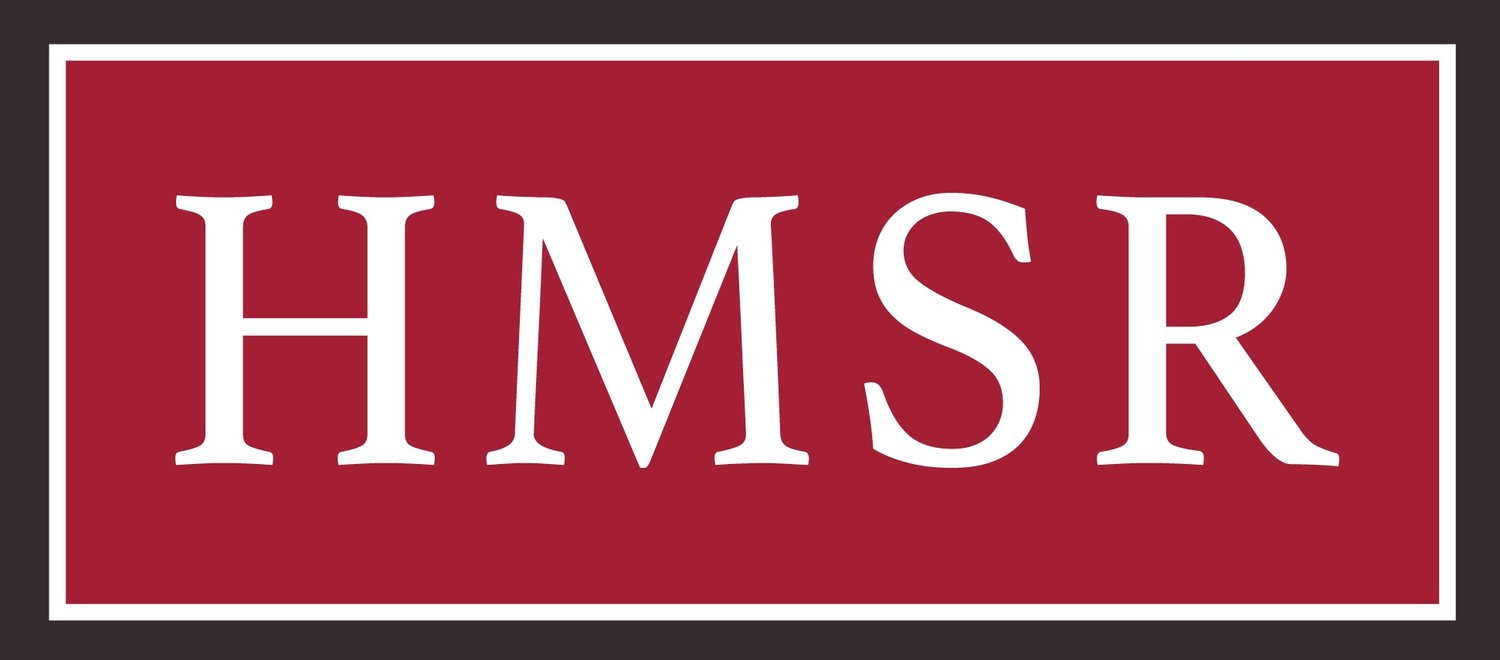Omar Abudayyeh1, Noor Beckwith1, Adam Frange1, & Jay Kumar1
1Harvard Medical School, Boston, MA, USA
Address correspondence to: omar_abudayyeh@hms.harvard.edu
“Declare the past, diagnose the present, foretell the future”
In 1797, the first American medical journal was launched in New York by three physicians. Wishing to contribute to the battle against the Yellow Fever epidemic that was plaguing the East Coast, they launched the Medical Repository and declared their mission: “The design of the papers which will be presented to the public under this title, is to illustrate the connection between climate, soil, temperature, diet, etc. and health.” [1] So began a tradition of medical scholarship in the United States.
Today, yellow fever has all but disappeared from the US, but it persists around the world and is joined by other problems, including HIV/AIDS, non-communicable diseases, and the illnesses of aging. But medicine itself evolves with unprecedented speed. We can profile the microbiota that call our bodies home, the single mutations that make us unique, and the electrical networks that underlie our consciousness. And as we translate our findings into treatments, we discover how little we really know.
Never has medicine been so advanced, but its growing promise brings challenges in delivery, management, and financing. The roles of healthcare providers are constantly in flux as science, scale, and society call for task-shifting and specialization. Meanwhile, healthcare inequalities persist, and soaring costs make daily headlines. There is more than ever an urgent need for forward-looking discourse.
Today we are introducing the Harvard Medical School Review, an online journal that will serve as a forum for students to participate in the conversations on healthcare and medicine. Our classmates here and around the world come from innumerable backgrounds, rich in thought-provoking experiences; we have much to share. Topics may range from research to reflections on training and experiences with patients. We hope that through writing and reflection, we can spark productive debate, generate innovation, and learn from one another at the beginning of our professional education and careers.
As members of the medical community, we have a duty to review the facts and communicate the truth with clarity, precision, and humanity. In his address at the 2012 Harvard Medical School commencement ceremony, Dr. Don Berwick called upon new physicians to wield their voices proudly in carrying out this duty, as each voice “can be loud, and forceful, and confident, and will be trusted.” [2] The Harvard Medical Student Review is a space for students, trainees, and professionals to answer that call.
We hope you will join us.
We would like to thank the people who have helped us begin. Dean Jeffrey Flier and Ms. Gina Vild gave us their support and the endorsement of the medical school. The inaugural advisory board lent us their vision and includes George Church, PhD; Paul Farmer, MD, PhD; Sachin Jain, MD, MBA; Nancy Oriol, MD; David Page, MD; Peter Slavin, MD, MBA; and Beverly Woo, MD. The strategic planning committee provides us essential technical and logistical guidance, and includes Elizabeth Eggleston, MSLS; Isaac Kohane, MD, PhD; Nancy Oriol, MD; David Osterbur, PhD; and Rebecca Ward, PhD. The inaugural editorial board oversees the content and quality of the initial issues, and includes Omar Bayomy, Ashley Clement, Colleen Farrell, Jill Goslinga, Adeel Khan, Cameron Lee, Christopher Lim, Lily Liu, Nathaniel Morris, LeAnn Noh, Lisa Rosenfeld, Lisa Rotenstein, Abigail Schiff, Gabriel Sneh, Margaret Soroka, Luccie Wo, and Helen Yang. A special thanks goes to Nicholas Glasnovich, who designed the website and maintains our electronic workflow, and Hena Ahmed, our Art Editor.
References
Bernard Becker Medical Library (n.d.) Rare Medical Periodicals Collection. Rare Books @ Becker., Washington University School of Medicine. Available: http://beckerexhibits.wustl.edu/rare/collections/periodicals.html. Accessed Web. 19 May 2013.
Berwick DM (2010) To Isaiah. JAMA 307: 2597-2599. DOI:10.1001/jama.2012.6911.

